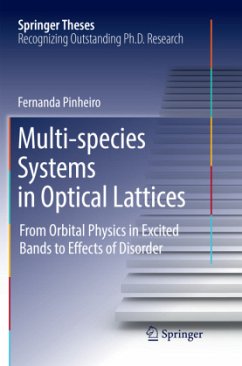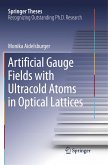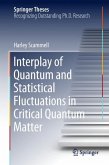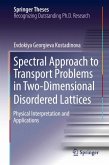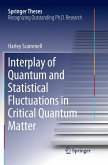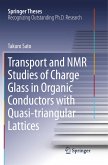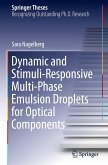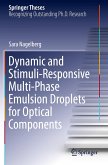This highly interdisciplinary thesis covers a wide range of topics relating to the interface of cold atoms, quantum simulation, quantum magnetism and disorder. With a self-contained presentation, it provides a broad overview of the rapidly evolving area of cold atoms and is of interest to both undergraduates and researchers working in the field.
Starting with a general introduction to the physics of cold atoms and optical lattices, it extends the theory to that of systems with different multispecies atoms. It advances the theory of many-body quantum systems in excited bands (of optical lattices) through an extensive study of the properties of both the mean-field and strongly correlated regimes. Particular emphasis is given to the context of quantum simulation, where as shown here, the orbital degree of freedom in excited bands allows the study of exotic models of magnetism not easily achievable with the previous alternative systems. In addition, it proposes a new model Hamiltonian that serves as a quantum simulator of various disordered systems in different symmetry classes that can easily be reproduced experimentally. This is of great interest, especially for the study of disorder in 2D quantum systems.
Starting with a general introduction to the physics of cold atoms and optical lattices, it extends the theory to that of systems with different multispecies atoms. It advances the theory of many-body quantum systems in excited bands (of optical lattices) through an extensive study of the properties of both the mean-field and strongly correlated regimes. Particular emphasis is given to the context of quantum simulation, where as shown here, the orbital degree of freedom in excited bands allows the study of exotic models of magnetism not easily achievable with the previous alternative systems. In addition, it proposes a new model Hamiltonian that serves as a quantum simulator of various disordered systems in different symmetry classes that can easily be reproduced experimentally. This is of great interest, especially for the study of disorder in 2D quantum systems.

